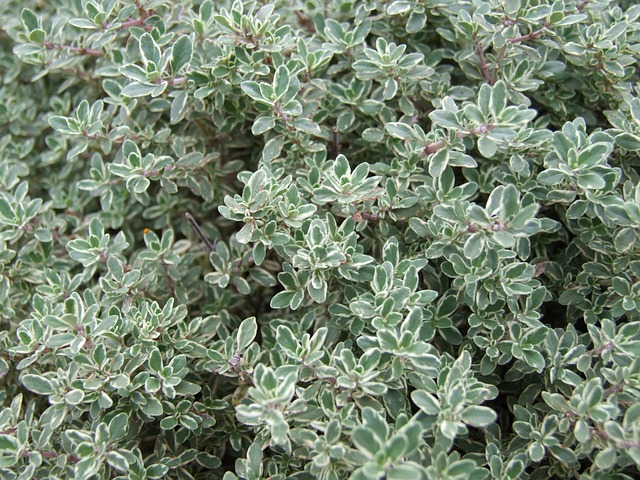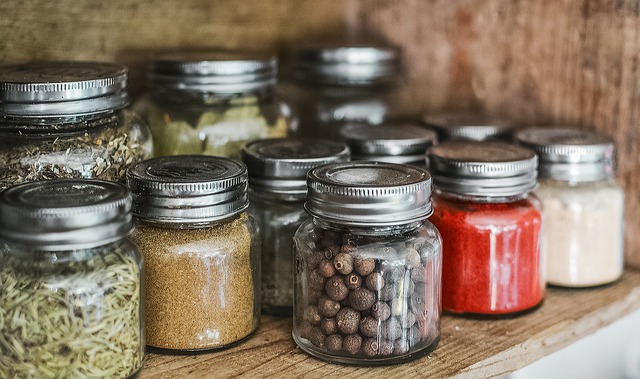Originally from the Mediterranean, Benedictine monks brought herbs to Central Europe and cultivated it in the gardens of their monasteries. Later, its healing effect was discovered, and today, thanks to its antibacterial effect, it is used as a natural antibiotic. This is due to the essential oils thymol, geraniol, camphor, cineol, etc.Present in herbs, have the following effects:
●Healing
●Antibacterial
It is encouraging
●Anti-inflammatory

Thyme helps with colds, coughs and strengthens the immune system
Due to its mucolytic and antispasmodic action, thyme tea is very suitable for the treatment of respiratory diseases. It contains bitter substances and flavonoids, strengthens the immune system and prevents colds.
● Use as a gargle: Tea can also be used as a mouth and throat inflammation gargle. When the tea cools, gargle several times a day 1.

Time and its effects on digestive Problemsy
The healing effect of this herb is useful not only for problems with the respiratory system, but also for problems with the digestive tract and menstrual pain.
How can it help fight skin blemishes and acne?
Thanks to its anti-inflammatory and antibacterial properties, herbs are a natural alternative to various lotions.
Use as a bath additive: soothes irritated skin as a bath additive. It remains only to boil 100 grams of dried leaves in 1 liter of water and leave for 30 minutes. Then add to the tub. This bath not only relieves itching, but also has a refreshing effect.